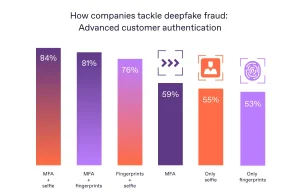What Is Cyber Security?

As a business owner or IT professional, you’re likely to be concerned about the safety of your information. While there is no standardized term for information security, there are many ways to make sure your business is protected. Information security is important in the world of technology, and it impacts individuals, small businesses, and large corporations. Using the correct terms and understanding how cybersecurity works are key components to protecting your company’s information. Let’s take a closer look at the terms and their definitions.
One of the most important things to remember is that cyber security is a rapidly growing field. While it’s still a relatively young field, there are numerous careers within it. Cyber security, for instance, is growing at an exponential rate. Many employers prefer candidates with some certification, such as the Certified Information Systems Security Professional (CISSP).
The motivations of hackers who breach information security vary widely. While thrill-seekers, activists, and criminals are the most common types of attackers, hackers can be state-sponsored or amateur. One example of such an attack is the Equifax hack, which affected 147.9 million people’s personal information. A more comprehensive strategy is to use secure-by-design software. Ensure all programs are designed to be secure. Once these are in place, it’s time to implement them.
Today, organizations capture and process a massive amount of sensitive and confidential information. Even small companies can accumulate thousands of records of customers in a matter of months. The more information an organization collects, the more vulnerable they are to cyber criminals. Once the domain of pranksters and hackers, cyber attacks are a multibillion dollar industry, and organizations of all sizes are struggling to keep their information safe. Cyber security is one of the most important aspects of protecting your organization, and it’s a growing field.
Cybersecurity is the practice of protecting your network, users, and data. Using a growing number of techniques, methods, and resources, cybersecurity protects your entire IT infrastructure and data. By using cybersecurity, you increase your organization’s cyber resilience to attacks from malware, human error, and a range of other threats. There are also many benefits to cybersecurity for your business. A cyber security degree will help you build the skills you need to protect your company’s data and information.
In addition to security professionals, cybersecurity professionals must understand regulatory requirements and the role they play. In the current climate of cyber threats, businesses must implement a security manager to oversee their security. The role of this high-level manager includes many responsibilities, including protecting data from viruses, worms, spyware, malware, and intrusion detection. Cyber attacks can range from organized crime to foreign governments. Regardless of the source, cyber security is critical for any company.







